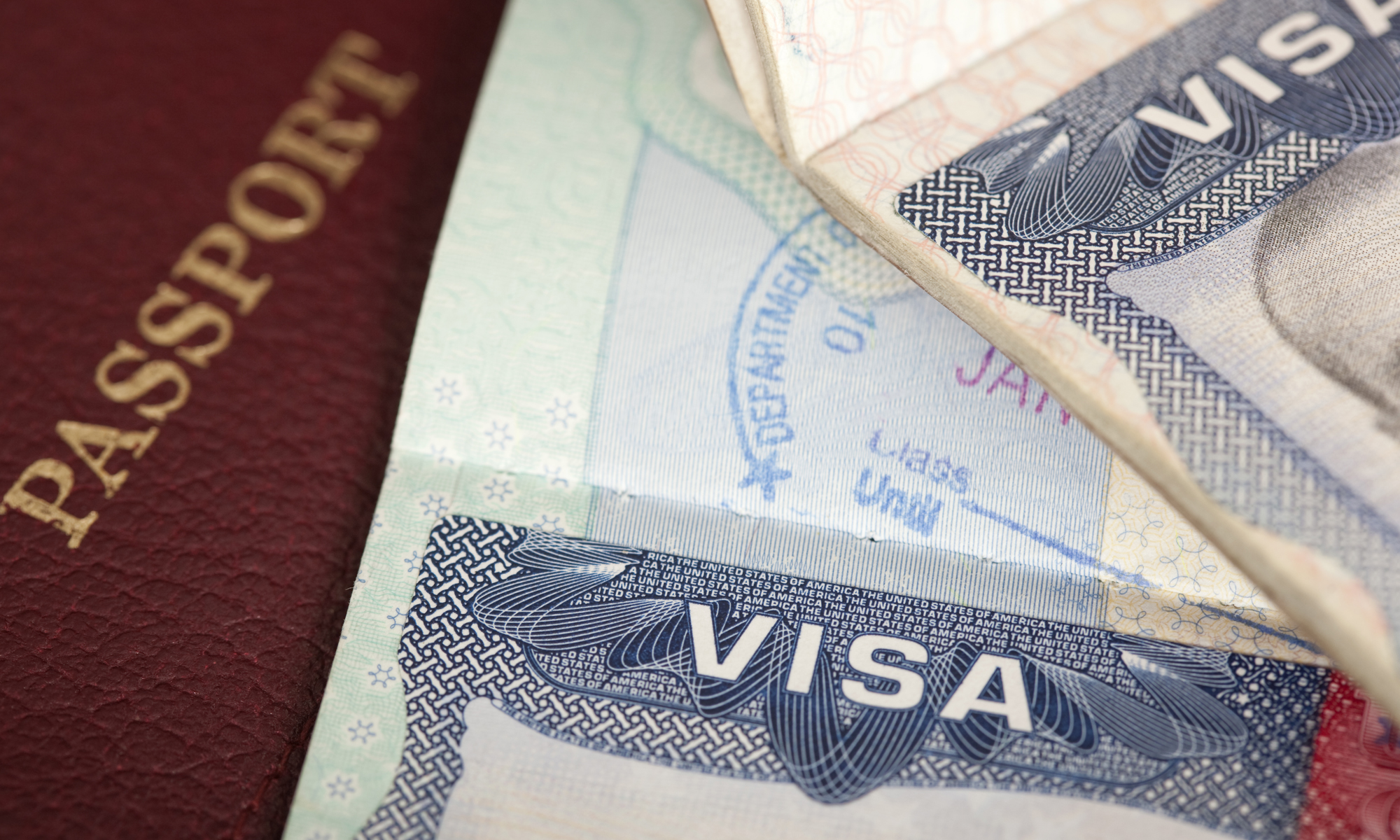Following the World Health Organization (WHO) declaration that classified the coronavirus (COVID-19) outbreak as a pandemic on March 11, a number of governments have instituted or announced measures limiting international travel. In the most notable of the new restrictions, the United States has announced that it is suspending all travel from Europe’s Schengen Area for 30 days beginning at midnight on Friday, March 13. This measure would expand existing travel restrictions in place for arrivals from mainland China and Iran.
The restrictions do not apply to U.S. citizens, legal permanent residents or their immediate families as well as holders of some categories of U.S. visas (such as A-1, A-2, C-1, D or C-1/D, C-2, C-3, G-1, G-2, G-3, G-4 and NATO visas). The Schengen Area is a 26-country group that has officially abolished border control among themselves.
Globally, it is unknown if other governments will follow suit after the announcement from the White House. However, some of the recent and notable measures that have been implemented or announced this week by other countries are as follows:
View the full Alert on the Duane Morris LLP website.
